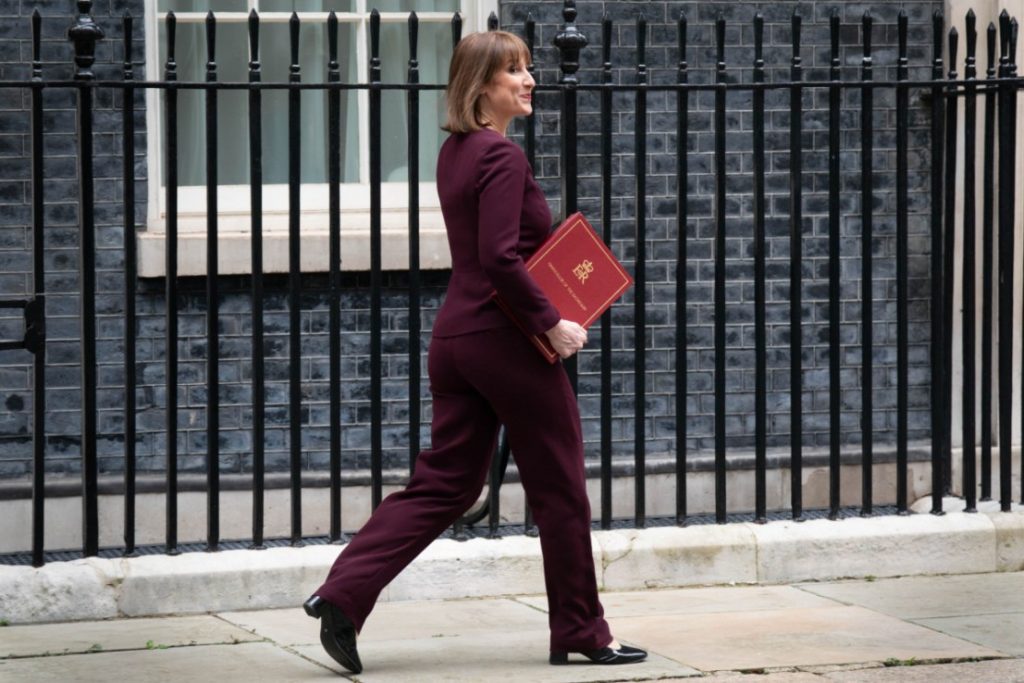Chancellor Rachel Reeves delivered the Spring Statement today, promising stability but offering little relief for small businesses (SMEs) struggling with rising costs.
Businesses in the sector said they were at “breaking point” ahead of today’s announcement, with one in five SME business owners saying they have been forced out of business within a year, citing bleak economic conditions.
Simply Business’s chief executive Julie Fisher told CityAM on Monday: “The noise surrounding the Spring Statement has offered little expectation of significant relief.”
What is changing for small businesses?
Reeves confirmed that there will be no further tax increases, as previously announced, yet small businesses had hoped for more proactive support.
In her announcement, the Chancellor revealed no reversal of previously national insurance contributions, leaving employers facing higher payroll costs from April onwards.
She also pledged improved access to Ministry of Defence contracts for small businesses.
Again, no business rates relief was alluded to, and Reeves failed to announce new measures to offset rising costs in the retail, hospitality, and leisure sectors.
How are SMEs reacting?
For many small business leaders, Reeves’ announcement missed the opportunity to provide real support.
Employment has shrunk since employer NIC hikes, which has cost businesses an excess £900 per employee, annually.
Kevin Fitzgerald, UK managing director at Employment Hero, dubbed it as such. He said the Spring Statement was a failure to “support the small businesses that form the backbone of our economy.”
Virgin StartUp’s Andy Fishburn also warned that the NIC rise has already forced businesses to slash staff or freeze hiring entirely.
He urged the government to “create conditions where start-ups can thrive and grow”.
Charlie Precious, principal at Ryan, pointed to the downgrade in the UK’s growth forecast.
He called it “understandably alarming for businesses already navigating a challenging economic climate.”
A ‘wait and see’ economy
With no significant relief measures announced today, many small businesses remain in a holding pattern, delaying any major investment decisions.
Chief financial officer of Bibby Financial Services, Theo Chatha, noted that “87 per cent of SME business leaders are eager to invest, but nearly half were deferring major investment decisions until after today’s statement.”
With economic growth now forecast at just one per cent, down from two per cent, businesses fear continued stagnation.
As Reeves sticks to her fiscal rules, SMEs are facing the reality of navigating previously announced higher costs, with lacking government support.
